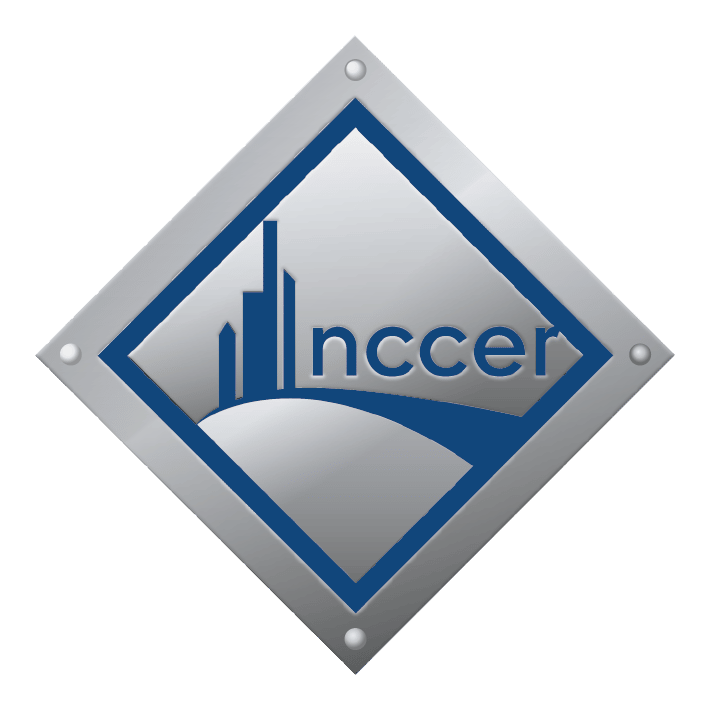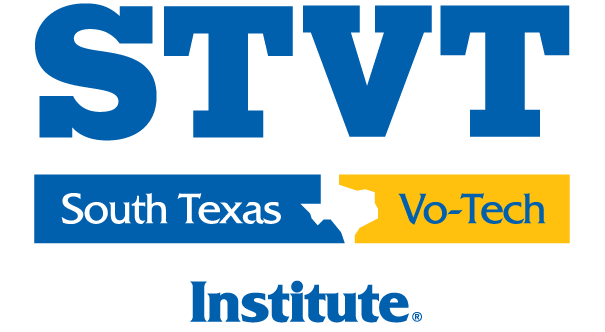HVAC Technician Training Program
Create Your New Future
HVAC Training Program Details
South Texas Vocational Technical Institute’s Heating, Ventilation, Air Conditioning, and Basic Refrigeration program prepares you to pursue a successful career in commercial and residential HVAC maintenance. This hands-on Basic Refrigeration and HVAC program helps you learn the skills to be a successful repair professional and member of the team. Our HVAC and Refrigeration program emphasizes hands-on learning and worksite safety. STVT is proud to offer an HVAC training program in South Texas. Our HVAC training program is available at our Brownsville, Corpus Christi, San Antonio, and McAllen campuses.
Diploma: 50 Credit Hours, 10 Months. Brownsville, Corpus Christi, McAllen and San Antonio TX.
*South Texas Vocational Technical Institute does not guarantee third-party certifications. Certification requirements for taking and passing certification examinations are not controlled by South Texas Vocational Technical Institute but by outside agencies and are subject to change by the agencies without notice to South Texas Vocational Technical Institute. Therefore, South Texas Vocational Technical Institute cannot guarantee that graduates will be eligible to take certification examinations, regardless of their eligibility status upon enrollment.
What’s Covered
Along with classroom education, students at STVT will get the opportunity to participate in hands-on training to strengthen their skills.
Familiarize yourself with the piping design, duct work, circuitry, wiring design, and mechanical controls of heating, air conditioning, and refrigeration systems.
Learn how to install, troubleshoot, maintain, and repair the different components of heat pumps, propane heating systems, natural gas heating systems, and electrical heating systems.
Learn how to install, troubleshoot, maintain, and repair different components of air conditioning systems.
Learn how to install, troubleshoot, maintain, and repair the different components of refrigeration systems.
Learn the responsibilities of an HVAC/R technician, how the Clean Air Act applies to servicing heat pumps, and how to properly reclaim and recycle refrigerant in compliance with the EPA Section 608 guidelines.
Career Outlook
As of July 2024, the Bureau of Labor Statistics (BLS) reports the national demand for skilled HVAC installers and mechanics, also called HVAC technicians, is projected to grow quickly between 2022 and 2032. If this estimate holds, about 37,700* new positions may be available annually across the US.
Graduates of our HVAC and Basic Refrigeration program have found entry-level work as**:
- HVAC Apprentices
- HVAC Helpers
- HVAC Installers
- HVAC Technicians
- Maintenance Technicians
- Service Technicians
HVAC technicians who perform repairs or maintenance to air conditioning systems must earn the Environmental Protection Agency (EPA)’s Section 608 certification.
*This is a national figure. Conditions in your location may be different.
**The jobs mentioned are examples of certain potential jobs, not a representation that these outcomes are more probable than others.
STVT cannot guarantee employment or salary.
STVT does not guarantee third-party certifications. Certification requirements for taking and passing certification examinations are not controlled by STVT but by outside agencies and are subject to change by the agencies without notice to STVT. Therefore, STVT cannot guarantee that graduates will be eligible to take certification examinations, regardless of their eligibility status upon enrollment.
Frequently Asked Questions
HVAC stands for heating, ventilation, and air conditioning, while the “R” in HVAC/R stands for refrigeration. Although there is some overlap between HVAC and HVAC/R, the main difference is the emphasis on refrigeration.
HVAC programs briefly cover refrigerant reclamation to prepare aspiring technicians to service air conditioning units. HVAC and Basic Refrigeration programs offer more in-depth refrigerant training to prepare aspiring technicians to service a more complex range of cooling storing systems like walk-in freezers, vending machines, ice machines, and more.
To learn more about these differences, check out this blog post.
Becoming a licensed HVAC technician in Texas starts with earning a high school diploma. Next, aspiring technicians can complete either an HVAC or HVAC and Basic Refrigeration program. Afterwards, graduates planning to pursue careers that require them to service an air conditioning unit should earn Environmental Protection Agency Section 608 certification.
HVAC technicians in Texas can pursue registration or certification through the Texas Department of Licensing and Regulation (TDLR).
The cost of an HVAC and Basic Refrigeration program can vary based on several different factors. At STVT, students who qualify for financial aid can use scholarships, grants, loans, and veteran’s benefits to cover the cost of our HVAC and Basic Refrigeration program.
Contact our Financial Services Office for more specifics or use our Price Calculator for an estimate.
As of July 2024, the Bureau of Labor Statistics (BLS) reports the national demand for skilled HVAC technicians will increase by 6% from 2022 to 2032. Texas also has the third highest employment level for HVAC technicians across the nation.
Anyone helping a licensed air conditioning and refrigeration contractor service air conditioning and refrigeration units must register as a technician according to the TDLR. These registered technicians can only work under the supervision of a licensed air conditioning and refrigeration contractor.
HVAC training can take anywhere from six months to two years. At STVT, our HVAC and Basic Refrigeration program can be completed in 10 months.

What is NCCER?
Why is NCCER important to you?
Earning NCCER’s industry-recognized credentials means you, having undergone approved training, and have met the standards set by the NCCER. Your universally recognized credentials in your craft represent a national portability of your skills.
Additionally, NCCER manages credentialing and certification through its Registry System, which assists craft trainees and professionals by maintaining their records in a secure database.
NCCER also drives multiple initiatives to enhance career development and recruitment efforts for the industry, primarily through its Build Your Future initiative.
Why is NCCER important to employers?
Many organizations and companies track the qualifications of their craft professionals and possible new hires through NCCER’s Registry System. Those with NCCER credentials may be more desirable to potential employers.
